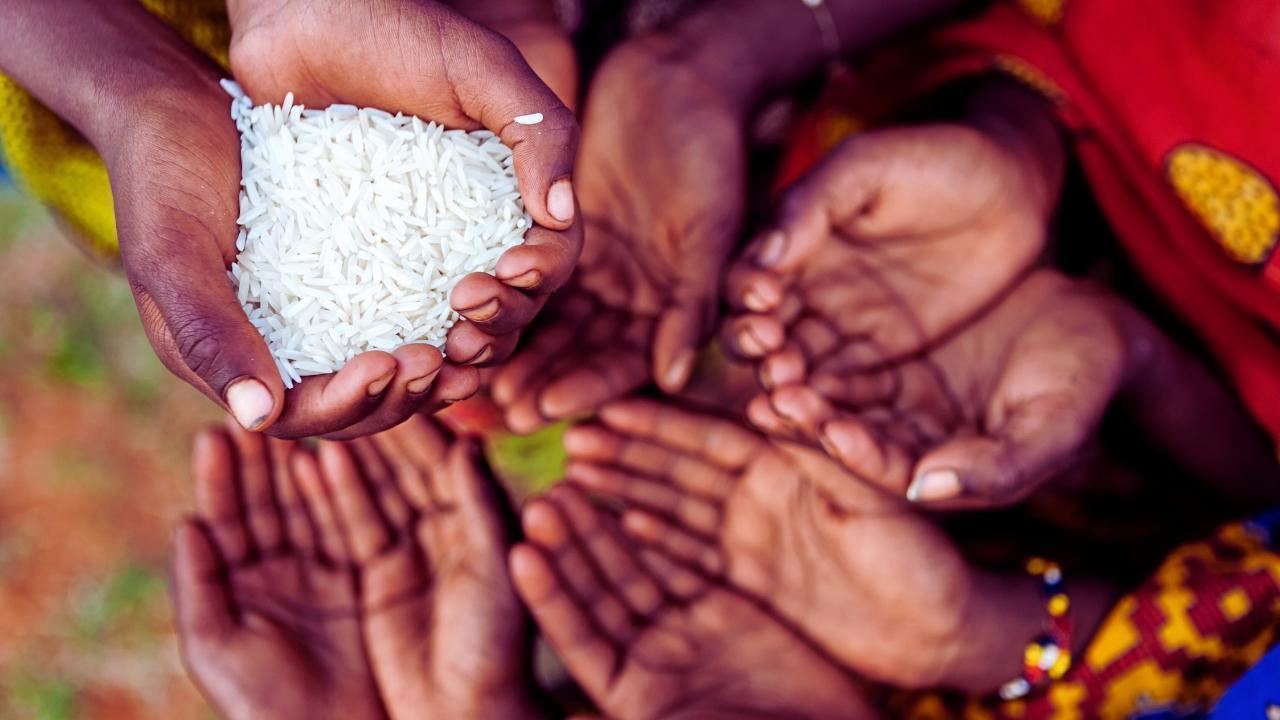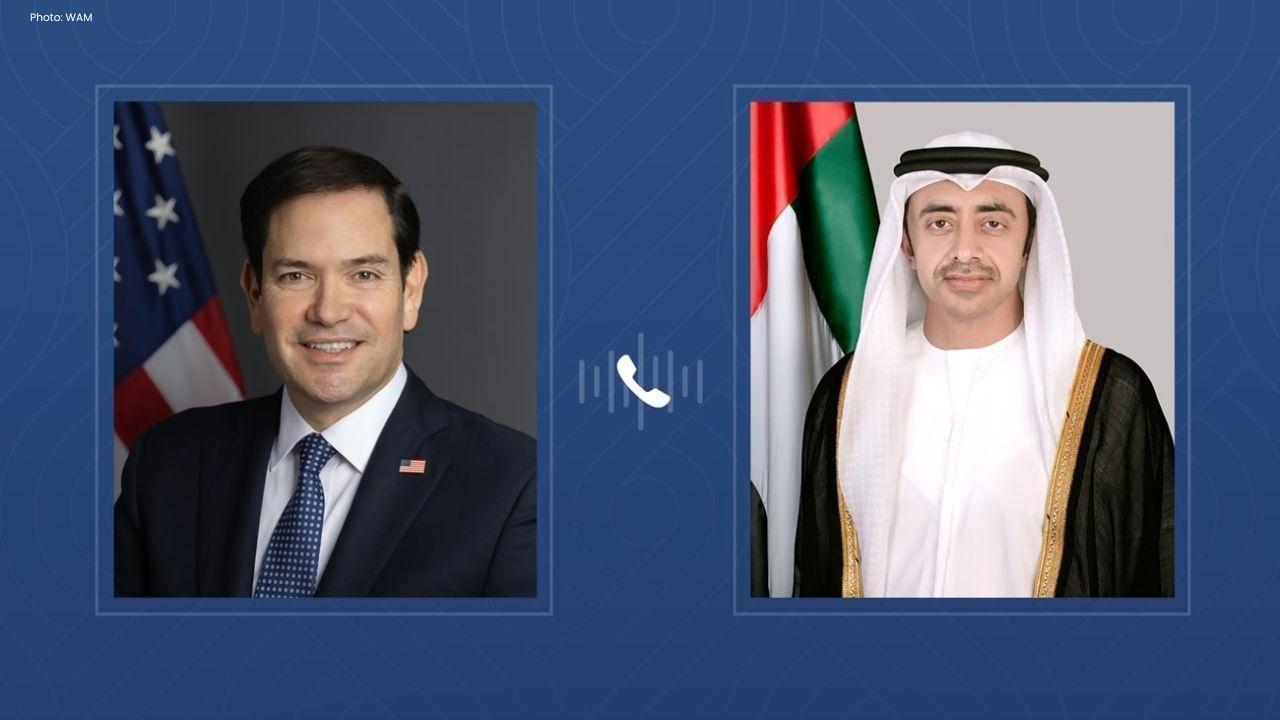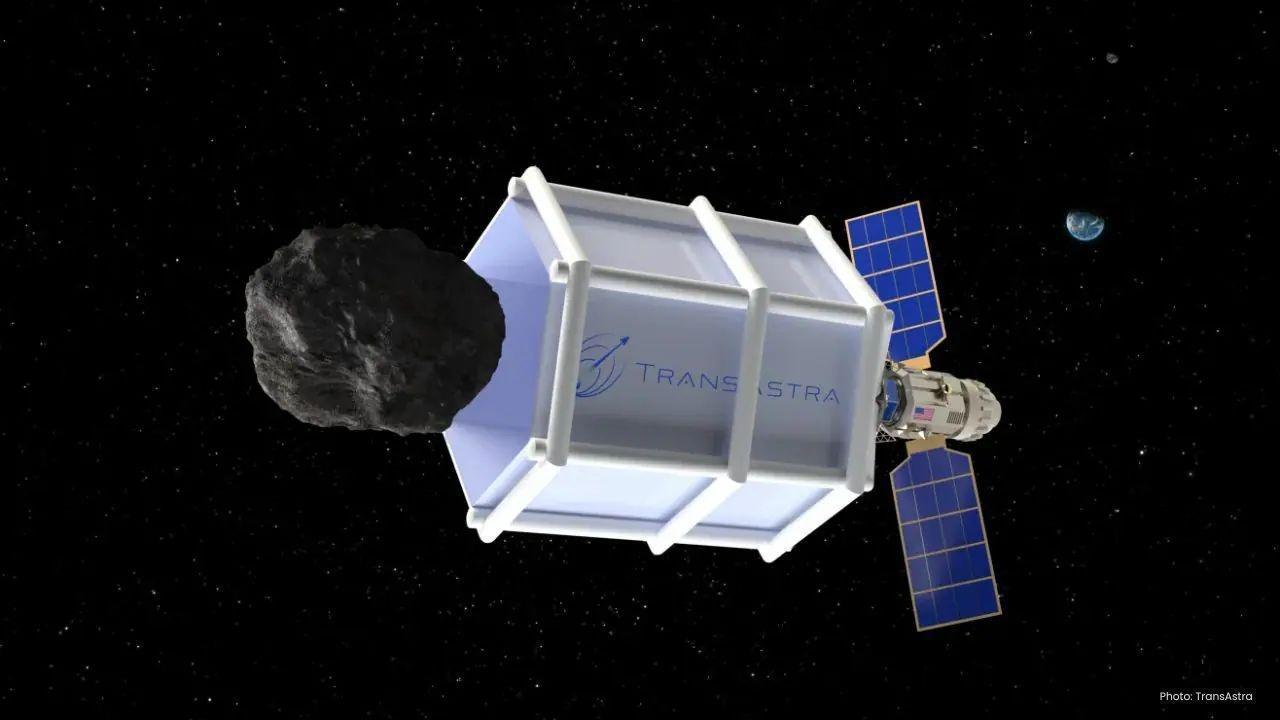
Post by : Anees Nasser
In 2025, the Gaza Strip stands at the edge of a catastrophic famine, signaling one of the gravest humanitarian emergencies in the modern era. For years, Gaza has endured relentless blockades, escalating conflicts, and severe economic paralysis. The current crisis, however, goes beyond political standoffs — it is a life-or-death struggle for over two million people trapped in a narrow, resource-depleted land. As international aid falters and regional diplomacy remains paralyzed, the specter of famine casts a shadow that threatens not only Gaza but also the stability of the entire Middle East.
The seeds of Gaza’s humanitarian collapse were sown decades ago. The region has faced repeated cycles of conflict, political isolation, and economic strangulation. Chronic food insecurity has long been an issue, but the situation worsened in recent years as agricultural lands were rendered unusable due to bombings, displacement, and lack of resources. A significant portion of Gaza’s population depends on aid for survival, making any disruption in humanitarian corridors catastrophic. The 2025 famine did not arrive suddenly; it was the result of accumulated structural neglect, compounded by climate stress and infrastructural breakdown.
What makes the current famine unprecedented is its scale and persistence. United Nations agencies have warned that Gaza now faces “Phase 5” conditions in many districts — the highest level of food insecurity classification, where starvation and death become imminent without urgent action. Food supply chains have completely collapsed, leaving markets bare and prices skyrocketing. Water scarcity has exacerbated the crisis, with desalination plants operating far below capacity due to power shortages and fuel restrictions. Malnutrition among children has reached alarming levels, and hospitals are overwhelmed with cases of dehydration and disease outbreaks tied to unsafe water.
At the heart of Gaza’s crisis is a complex web of political stalemate. The blockade enforced by Israel, internal Palestinian divisions, and limited regional engagement have all contributed to the deepening humanitarian nightmare. International efforts to mediate humanitarian corridors have often been derailed by security concerns, bureaucratic delays, and distrust among key stakeholders. This political impasse means that aid convoys remain stranded at border crossings while civilians inside Gaza starve. The humanitarian crisis has become a bargaining chip in a wider geopolitical contest, where human suffering is weaponized in negotiations.
Gaza’s famine is not an isolated tragedy; it is a regional ticking time bomb. Neighboring countries like Egypt and Jordan are already feeling the strain as refugees seek escape routes. The crisis risks fueling radicalization, as desperation breeds instability and violent groups exploit the vacuum. Economic repercussions are also mounting, with disruptions in trade routes and rising security costs impacting Middle Eastern economies. Beyond regional politics, the famine has sparked widespread outrage across Arab societies, putting pressure on governments to act. Failure to address Gaza’s plight could trigger a chain reaction of unrest that reverberates far beyond its borders.
Adding another layer of complexity to Gaza’s famine is the impact of climate change. The region has endured successive droughts and extreme heat waves, which have devastated agriculture and dried up natural water sources. The environmental stress has accelerated soil degradation, making farming virtually impossible without external support. Sea-level rise has also contributed to the salinization of groundwater, further restricting access to potable water. These environmental challenges, coupled with political constraints, make Gaza one of the most vulnerable territories in the face of global climate crises.
While international organizations and NGOs have sounded alarm bells, the response remains woefully inadequate. Appeals for billions of dollars in aid have yielded only partial funding. Logistical challenges, including damaged infrastructure and ongoing security risks, further delay relief efforts. The situation has reignited debates within the global humanitarian community about the ethics of conditional aid and the responsibilities of occupying powers. Major global powers have issued statements expressing concern, yet concrete actions — such as sustained airlifts, maritime corridors, or negotiated ceasefires — remain elusive. Critics argue that Gaza’s famine exposes a moral failure in the international order, where political expediency consistently trumps humanitarian imperatives.
Behind the statistics and policy debates are real stories of human suffering. Families are surviving on one meal a day, often consisting of bread and tea. Mothers are skipping meals to feed their children, while hospitals run out of essential medicines. Social fabric is unraveling as desperation forces people into debt, child labor, and even dangerous smuggling networks. Education has become a distant dream, with schools shuttered and children forced into survival mode. Mental health crises are soaring, with widespread trauma and hopelessness gripping the population. The famine is not just a physical deprivation — it is an assault on human dignity and the right to life.
The Gaza famine demands an urgent and coordinated response. Experts emphasize the need for immediate humanitarian corridors, coupled with guarantees for the safe passage of food, water, and medical supplies. Regional actors like Egypt, Qatar, and the UAE must play a proactive role in mediating agreements, while global powers need to prioritize humanitarian considerations over political leverage. In the medium term, rebuilding Gaza’s agricultural capacity, restoring electricity, and rehabilitating water infrastructure will be crucial to preventing future crises. Most importantly, a sustainable political solution that addresses the root causes of Gaza’s isolation is essential for breaking the cycle of humanitarian disasters.
The information provided in this article is intended for general informational purposes only. While every effort has been made to ensure accuracy and reliability, we do not guarantee completeness or timeliness of the content. Readers are encouraged to verify information independently and seek professional advice when necessary. The views expressed herein do not necessarily represent the opinions of any organization or entity mentioned.










Curry Powers Warriors to Nail-Biting 109-108 Victory Against Spurs
Stephen Curry's 49 points propel the Warriors to a dramatic 109-108 NBA Cup triumph over the Spurs,

India Advances to Semi-Finals After Thrashing USA in Women’s Blind T20 World Cup
India secured a dominant ten-wicket victory over the USA, advancing to the semi-finals in the Women’

South Africa's Early Advantage as India Struggles on Day Two
On Day Two, India reached 138-4 as South Africa took three early wickets, complicating matters with

Kenta Nishimoto Defeats Lakshya Sen in Japan Masters Semifinal
Lakshya Sen's journey in the Japan Masters ends after losing to Kenta Nishimoto 19-21, 21-14, 12-21

Kenta Nishimoto Defeats Lakshya Sen in Japan Masters Semifinals
Lakshya Sen's run at the Japan Masters concludes with a loss to Kenta Nishimoto in the semifinals, 1

Major IPL Trade: Jadeja Joins Royals as CSK Signs Samson
In a significant IPL trade, CSK has acquired Sanju Samson from Rajasthan Royals in exchange for Ravi